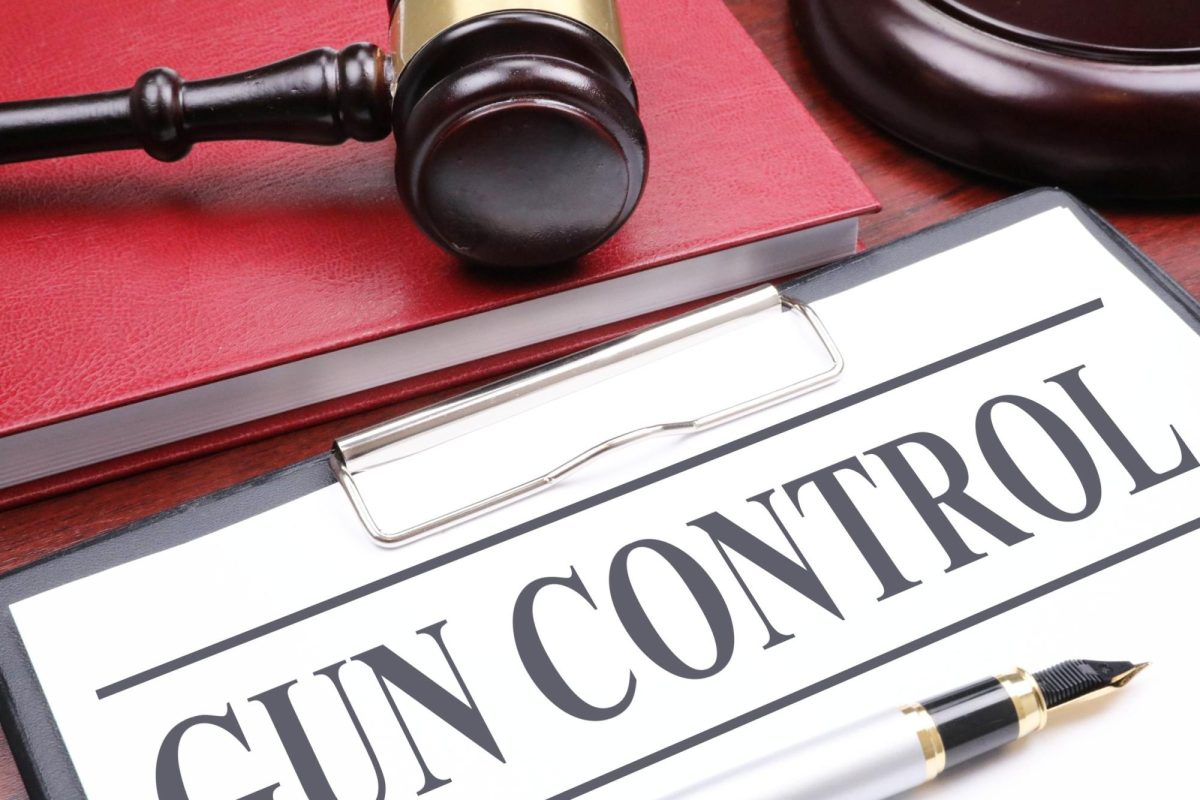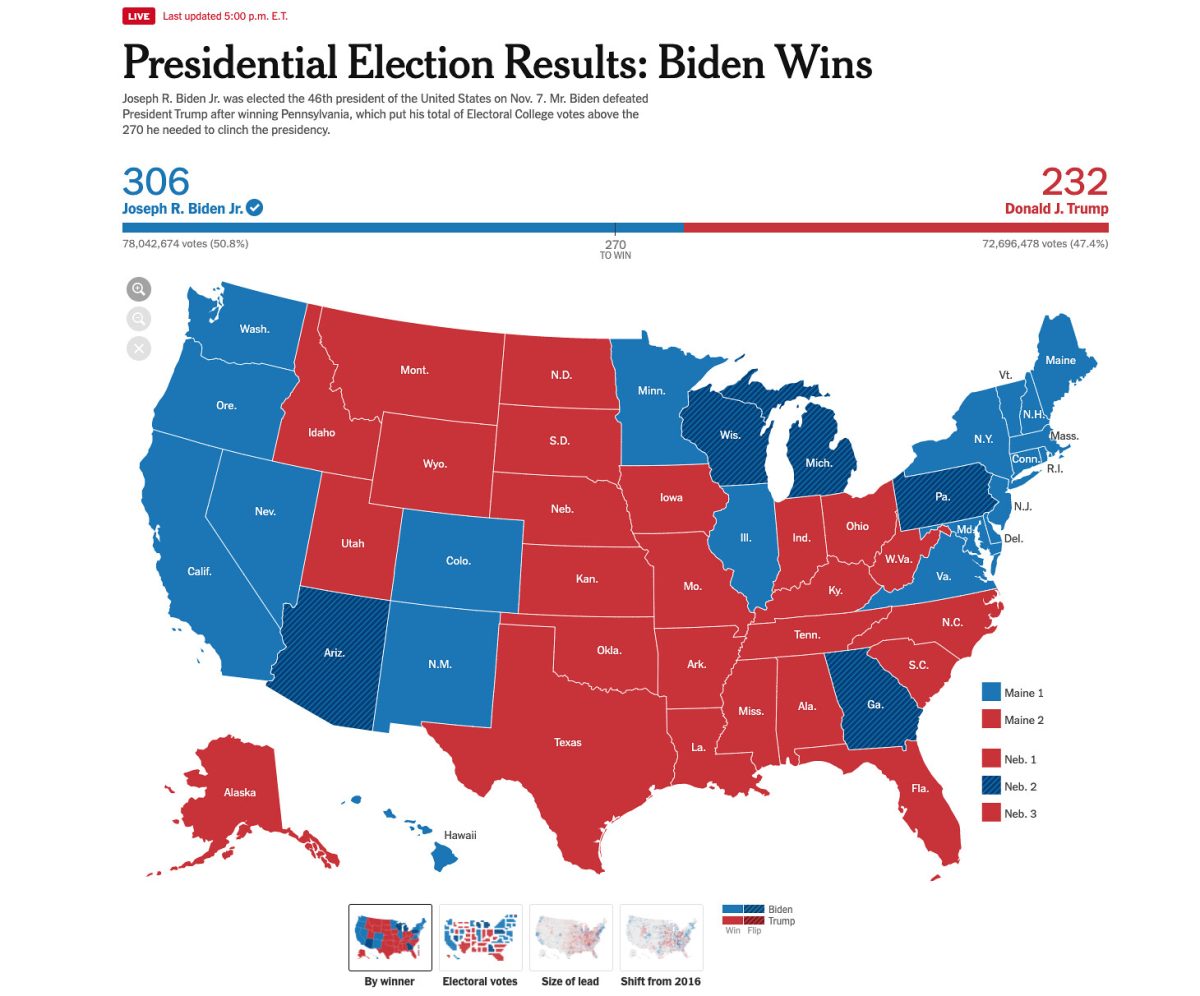The United States Presidential Election is slightly over a month away and has been noted by multiple political leaders as “the most important election of our lifetimes” (New York Times). This election will decide who becomes the next president of the U.S., with the new term beginning on January 20, 2021. The presidential election will be held on Tuesday, November 3, with two main parties: Democrats and Republicans.
The Republican candidate, Donald Trump, the current president, aims to boost jobs, protect U.S. trade interests, and curb immigration. In recent years, the Republican Party has supported lower taxes, gun rights, and immigration restrictions, overall leaning more conservative in ideology.
According to the CNN Polls of Polls, which track the national average and approximation of the vote, Trump currently holds 44% of the polls. His Democratic opponent, Joe Biden, is currently leading the polls with a national average of 51%.
Joe Biden served as former President Barack Obama’s vice president for two terms. Some of the policies he plans to implement if elected, include raising the minimum wage, investing in green energy, expanding health care rights, and boosting international relationships. The Democratic Party believes that the government should remain relatively involved in the lives of its constituents while also supporting liberalism.
General requirements to vote in the presidential election include American citizenship and being over 18; however, different states have varying laws on the documents required to vote and whether prisoners are granted the right to vote as well. Voting has typically occurred in polling stations, but due to the Coronavirus pandemic, many politicians have encouraged mail-in voting and a wider use of postal votes. Despite other elections being determined by popular vote, the presidential election is decided by the Electoral College, which is composed of 538 electors from the states. Each state receives several electoral votes based on its population, and in most states, whichever party most people vote for receives all the electoral college votes. Therefore, a candidate may win the election even if they did not obtain the popular vote.
Battleground states help determine who wins an election, as a majority of states tend to lean heavily toward one party. However, swing states such as Florida, Arizona, Wisconsin, and Texas are split relatively evenly between the two parties. Presidential candidates will usually focus heavily on these battleground states where either of them could potentially win.
To learn more about the 2020 Presidential Election and how to vote, visit [usa.gov](https://www.usa.gov/voting).
































